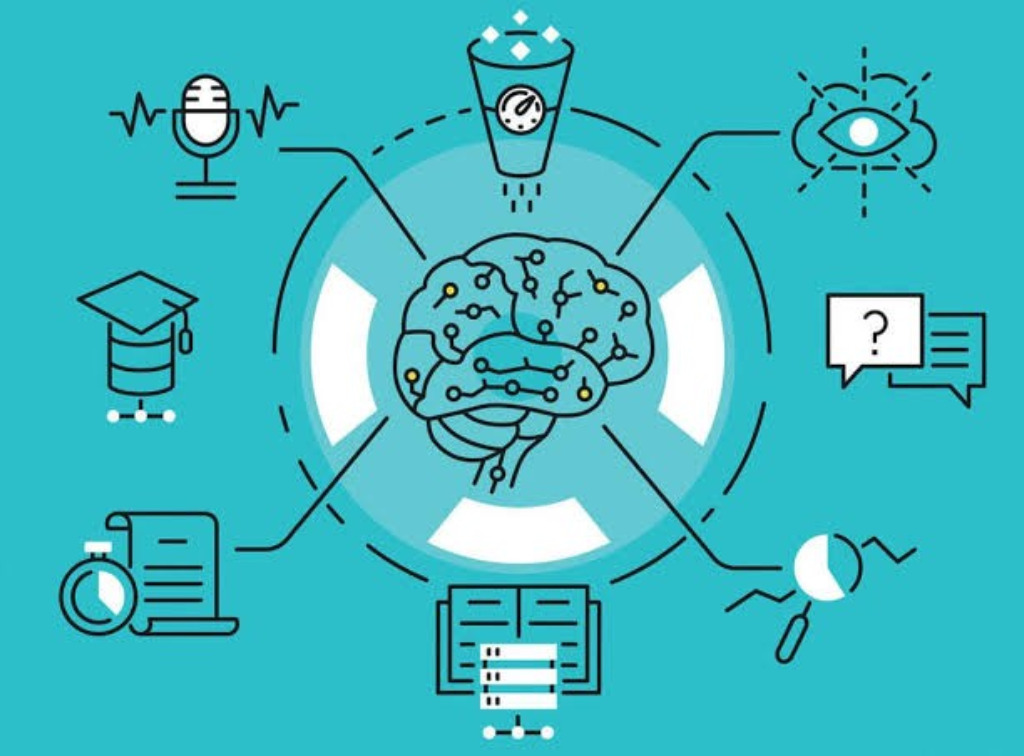The advent of Artificial Intelligence (AI) has not just revolutionized various aspects of our lives but also brought forward pertinent ethical, legal, and governance questions. One of these key questions pertains to the ownership paradigm of these AI systems – who truly controls generative AI platforms, and how is this control exercised? This discussion will delve deep into decoding the concept of ownership and control of AI platforms.

Understanding Ownership in AI: Who Holds the Power?
In conventional terms, ownership of a system implies having complete control and authority over its design, development, deployment, and monetisation. However, in the realm of AI, the notion of ownership is imbued with complexity given the multifaceted and multilayered contributors to AI systems. These include AI researchers and engineers who design and develop these systems, data providers who offer a critical input for training the AI, and users whose interactions may continually shape and enhance the AI system’s capability.
Recognizing each of these contributions is crucial since each stakeholder holds the potential to influence not just the technical aspects of the AI system but also its ethical dimensions such as fairness, transparency, and accountability. This recognition also holds the potential to navigate issues related to intellectual property rights, data rights, and profit-sharing. Generally, an organisation or a company that employs these AI researchers and engineers, procures this data, and deploys the AI systems with users, is seen as the rightful owner of the AI system.
However, this conventional model of corporate ownership can lead to concentration of power and wealth, potentially giving rise to monopolies in the AI domain. This may deprive users and data providers from reaping the potential benefits of the AI systems they help enrich or even lead to decision-making adverse to their interests. Therefore, conventional notions of ownership are being challenged and alternatives such as co-ownership and multi-stakeholder governance models are being explored.
The key question remains: how can a balanced and effective ownership model be established for AI platforms that recognises contributions of all stakeholders, safeguards users’ interests, supports innovation, and ensures compliance to ethical standards? The answer lies in understanding that ownership in AI does not merely mean having legal rights over the AI system, rather implies having a distinct form of ‘AI Stewardship’.
This form of stewardship implies exercising a duty of care over the AI system by having the authority to make key decisions about its development and usage, ensuring its alignment with ethical principles and societal values, addressing the concerns of all stakeholders, and ensuring equitable distribution of benefits. This seems to be the new paradigm of ownership in AI systems – breaking away from the exclusivity traditionally associated with ownership to a more inclusive, responsible, and equitable control.
The Power Play: Control Mechanisms in Generative AI Platforms
The control mechanisms in generative AI platforms provide a concrete glimpse into the dynamics of ownership in AI. Here, the control is typically split between the generative AI system creator, operator, and the end users. The AI system creator has control over the design and development of the AI system, including selecting its objectives, defining its learning algorithms, determining its training data, and setting its performance measures.
The operator of the AI system then wields control via determining its deployment, managing its functioning, monitoring its performance, and ensuring its compliance with regulatory standards. The end users, on the other hand, hold control via their interactions with the AI system – these interactions can shape the AI system’s learning, adaptiveness, and usefulness. All these players, thus, play a part in the power equation of AI platforms.
However, this control may not be evenly distributed, leading to power asymmetries. For instance, the system creator/operator usually has a dominant role compared to the end users. Besides, the control is also determined by access to and understanding of technical details about the AI system, which may be limited to the creator/operator. Therefore, enhancing user control becomes essential in establishing a balanced power dynamic and ensuring a democratised governance of AI platforms.
Transparent and user-friendly interfaces, educational initiatives, direct user participation in AI system design and functioning, user-friendly opt-outs, and strong user rights and data protection laws could act as facilitators in enhancing user control. Additionally, robust regulatory frameworks addressing issues such as monopolisation, transparency, accountability, nondiscrimination, consent, and data rights could act as checks and balances in the control mechanisms of AI systems.
Nevertheless, navigating the balance between user control and the necessity of technical expertise for responsible AI system governance can be challenging. Moreover, mechanisms ensuring user control should not undermine the potential of AI systems by curtailing their ability to learn and adapt or by violating the rights of other stakeholders.
In summary, understanding and decoding the concept of ownership and control in generative AI platforms is a complex, yet crucial undertaking. Recognising the distinct roles and rights of multiple stakeholders can pave the way for a paradigm of AI Stewardship. This embodies an inclusive, responsible, and equitable form of ownership. Balancing the distribution of control in the operation of AI platforms, ensuring transparency, and protecting user rights should be the cornerstones of this paradigm. A thorough exploration of these issues is not just fundamental to answer ethical and legal questions; it’s also essential to harness the full potential of AI systems while safeguarding societal interests.
Ainu Token aims to offer impartial and trustworthy information on cryptocurrency, finance, trading, and shares. However, we don't provide financial advice and recommend users to conduct their own studies and thorough checks.



Comments (No)